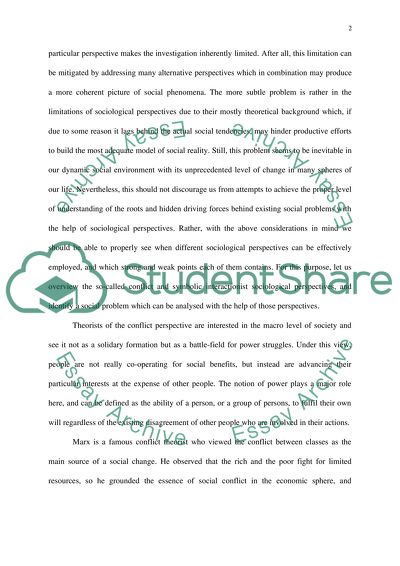Cite this document
(“INTRO to SOCIOLOGY Essay Example | Topics and Well Written Essays - 2250 words”, n.d.)
Retrieved de https://studentshare.org/science/1528814-intro-to-sociology
Retrieved de https://studentshare.org/science/1528814-intro-to-sociology
(INTRO to SOCIOLOGY Essay Example | Topics and Well Written Essays - 2250 Words)
https://studentshare.org/science/1528814-intro-to-sociology.
https://studentshare.org/science/1528814-intro-to-sociology.
“INTRO to SOCIOLOGY Essay Example | Topics and Well Written Essays - 2250 Words”, n.d. https://studentshare.org/science/1528814-intro-to-sociology.


